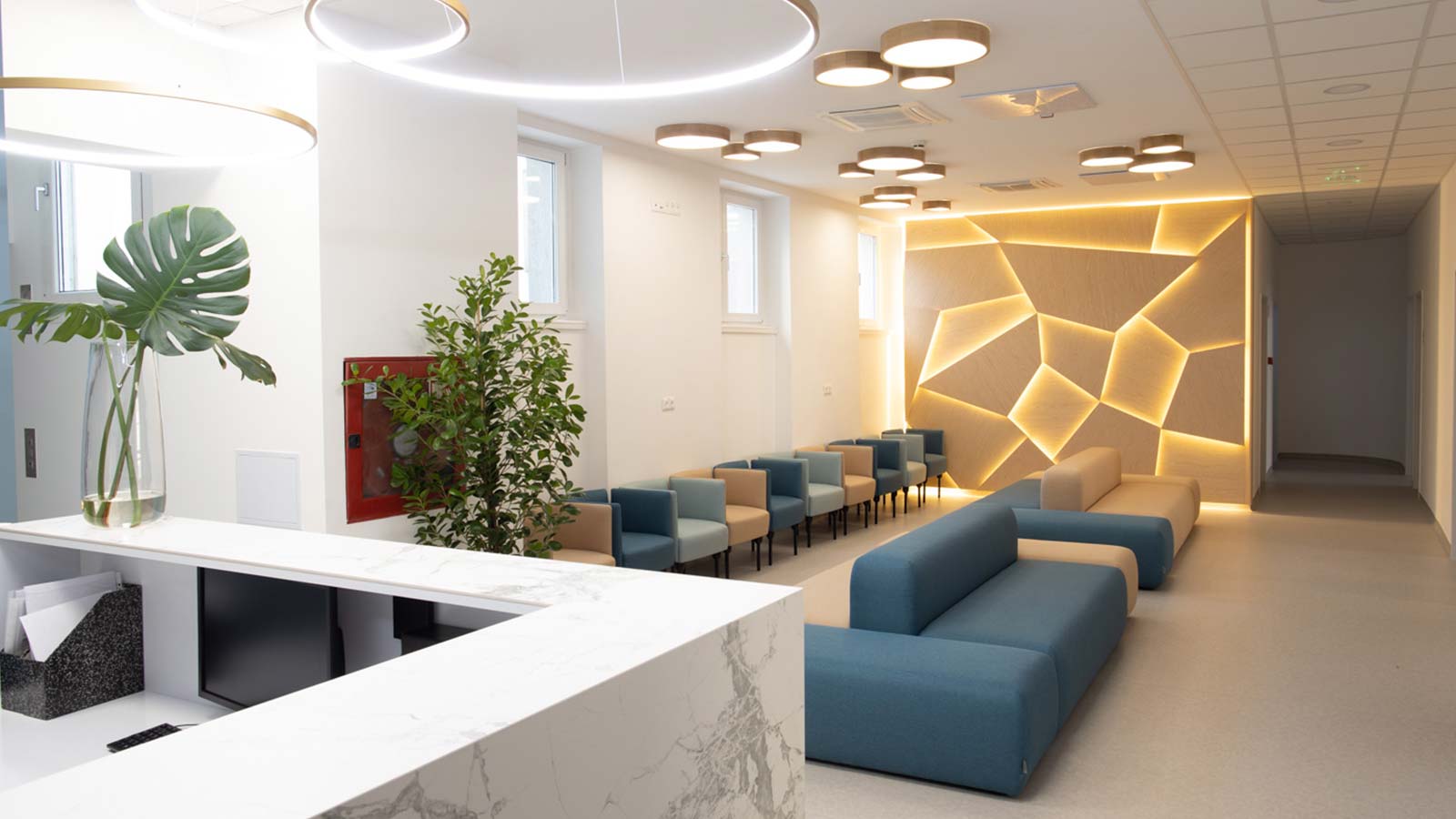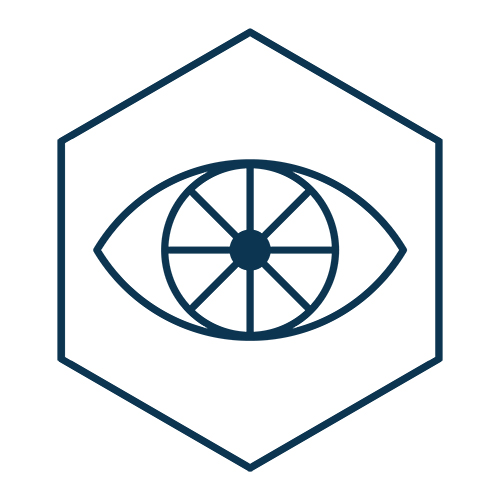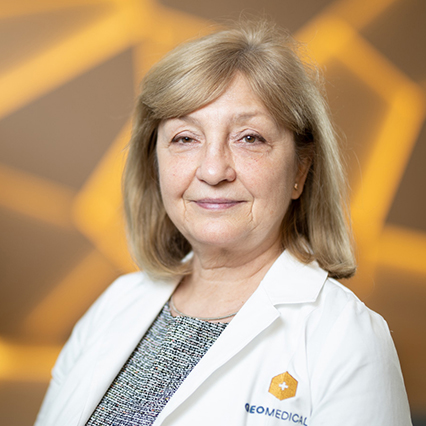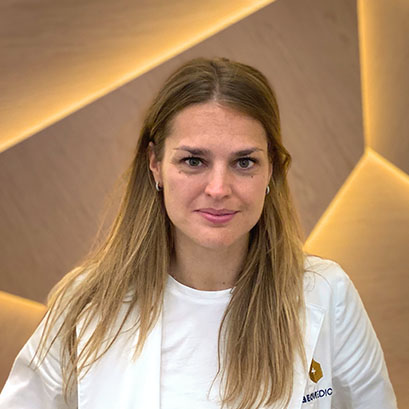
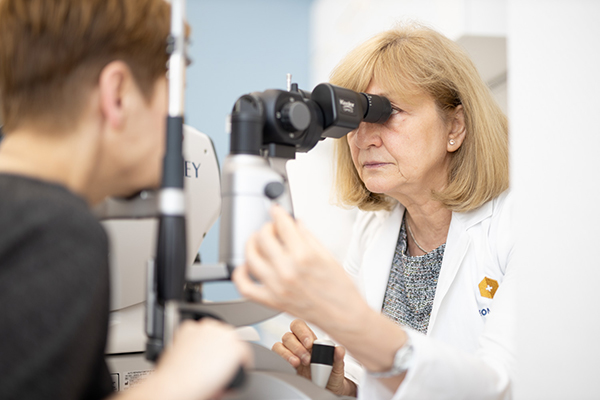
What does
Ophthalmology do?
Our vision depends on the eye, which is our complex paired organ. Ophthalmology deals with various refractive errors such as myopia, hyperopia, and astigmatism. In older age, aging of the lens causes cataracts, which can lead to severe vision loss if left untreated. Glaucoma, a disease causing increased eye pressure leading to optic nerve damage, can also cause vision loss. Additionally, numerous inflammatory diseases can affect our eyes, such as conjunctivitis, keratitis, or uveitis. In today’s world, dry eye syndrome and allergic conjunctivitis are common problems.
There are also many known conditions of parts closely related to the eye, such as the tear-producing organs (e.g., tear duct obstruction) or eyelids (e.g., stye).
It’s important to emphasize that annual eye screening is particularly important for those over 40 or in cases of prolonged monitor use, as several problems that could later lead to vision loss can be prevented.
Many systemic diseases also affect our eyes. Common conditions like high blood pressure or diabetes can cause severe damage to the small blood vessels in the eye.

When should you visit an ophthalmologist?
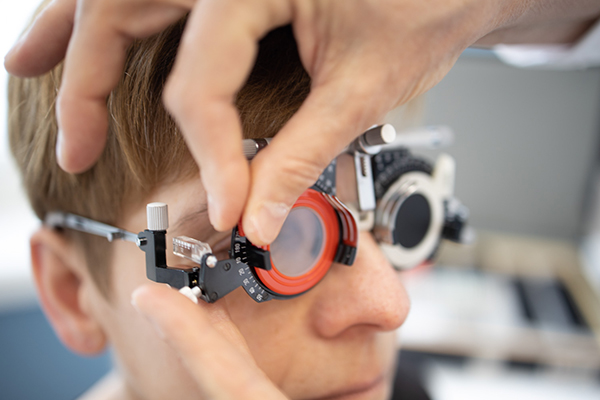
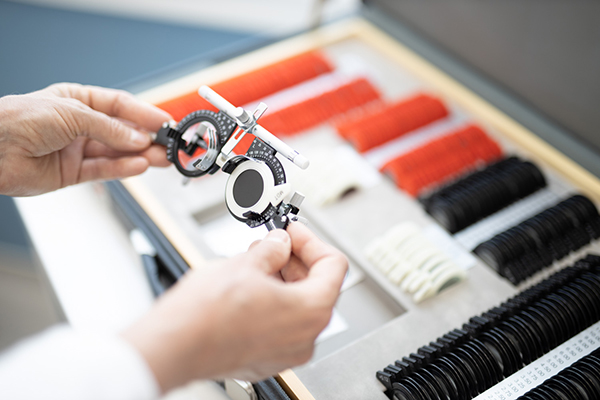
How does an eye examination work?
Our specialist will first ask you in detail about your current complaints. Then they will inquire about your known conditions (e.g., high blood pressure, diabetes) and current medications. They will review your previous documentation. Following this, they will examine your eyes, assess any visible changes or inflammation. Using computerized eye examination (automatic kerato-refractometer), they will measure the overall refraction of the eye, and separately the corneal refraction and radius of curvature. Using a slit lamp examination, they will examine the anterior portion of the eye. During the examination, eye pressure will also be measured without touching the eye. Visual acuity testing is performed by reading various vision charts. If indicated, fundus examination (e.g., in case of diabetes or sudden vision loss) may be necessary, requiring pupil-dilating eye drops. This may cause temporary discomfort for a few minutes. After pupil dilation, driving is not recommended for 6 hours, please take this into consideration!
Our Prices in Ophthalmology
Our Doctors in Ophthalmology
